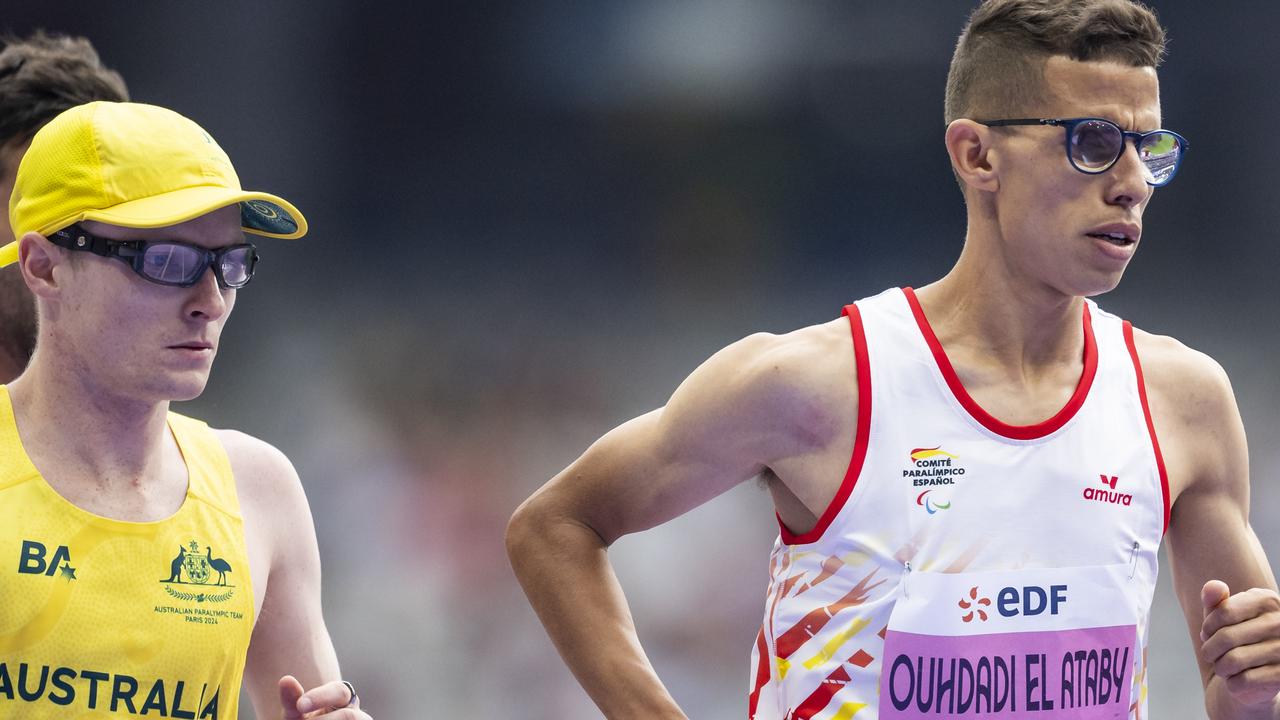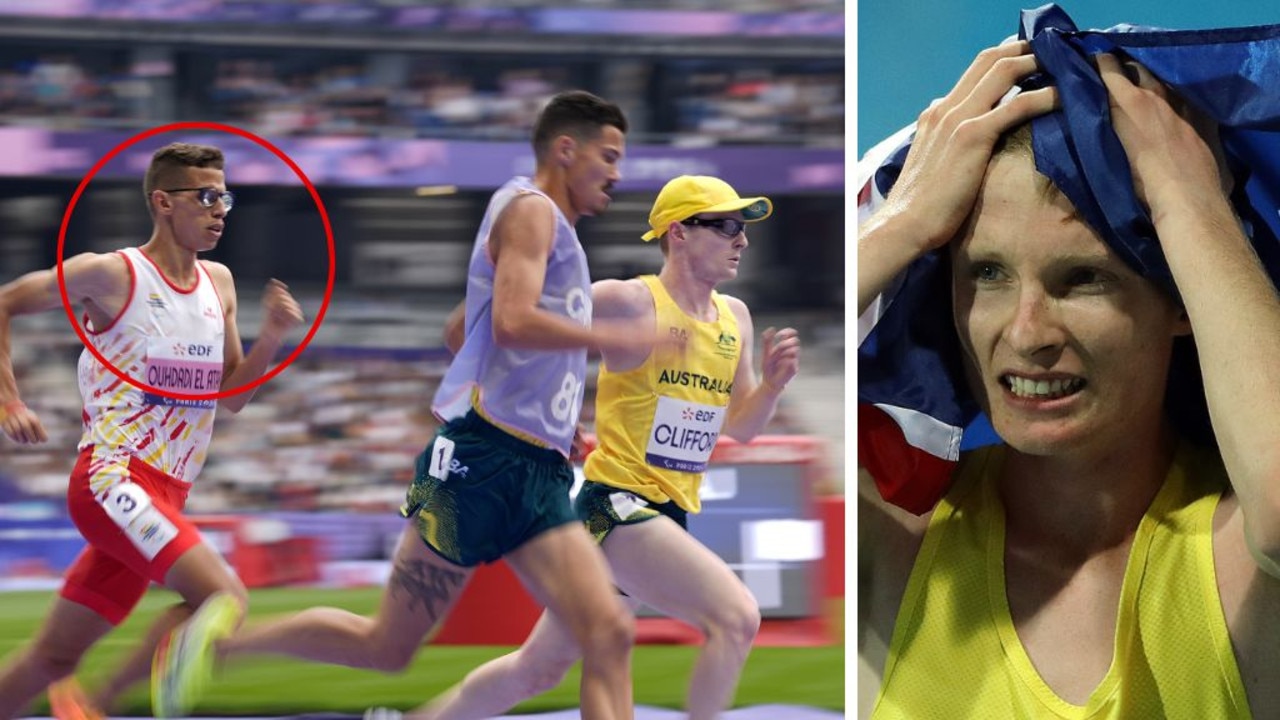Paris Paralympics’ closing ceremony shows Brisbane what is possible as IPC vow to standby standalone Games
Australia’s Paralympians have been partying like there’s no tomorrow after the curtain came down on a spectacular Paris Games that have given a rude wake-up call to Brisbane’s 2032 organisers.
Paralympics
Don't miss out on the headlines from Paralympics. Followed categories will be added to My News.
Australia’s Paralympians have been partying like there’s no tomorrow after the curtain came down on a spectacular Paris Games that have been declared the best ever but given a rude wake-up call to Brisbane’s 2032 asleep-at-the-wheel organisers.
In another reminder about why it’s never too late to seize the moment, our Paralympians hit the dancefloor during a wild electro party at the Stade de France before getting ready for the long flight home on the team’s booze-free charter.
In keeping with tradition, the festivities kicked off after the cauldron was extinguished and the Paralympic flag lowered and handed over to Los Angeles, the host for the next Summer Olympics and Paralympics in 2028.

Rejecting a radical proposal to merge the two multi-sports events into one mega festival, the International Paralympic Committee (IPC) said disabled athletes were better off competing at their own event after Paris set a new standard for future host cities to try and match.
“Not on my watch. I firmly believe that we have the best format,” IPC President Andrew Parsons said.
“The Paralympic Games is the only event of global impact that puts persons with disabilities at centre stage.
“Quite simply, Paris 2024 is the new benchmark for the Paralympic Games in every aspect.”
More than 100 Australian athletes took part in the Closing Ceremony, which ended in an explosion of fireworks, disco music and laser beams, with the team led during the parade by their two inspiring flag bearers, track and field sprinter James Turner and par-triathlete/cyclist Lauren Parker.

Each won two gold medals in the French capital and Parker, who is paralysed from the waist down after crashing her bike into a guard rail when she was an elite able-bodied athlete, said it was the honour of a lifetime to carry the Australian flag at a Games that sold a record 2.5 million tickets.
“I was so shocked, because I never would have dreamed that I’d be asked to do something like this. It’s amazing,” Parker said.
“Not many people have this opportunity, and I’m very lucky to represent Australia and march out there proud with the rest of the Australian Paralympic team. I’m privileged.”
The Australian team finished ninth on the final medals table, with 18 golds, 17 silvers and 28 bronzes for a total of 63, the lowest return in 44 years, but green and gold officials said the number of medals wasn’t a measure of the true legacy of the Paralympics.
China finished top with 94 golds and 220 in total but the Aussies matched the Asian powerhouse when it came to acts of bravery and resilience.
Courage is the most overused phrase in sport but in the case of Australia’s Paralympians, it’s a fitting description.

On the final day of competition, wheelchair racer Madison de Rozario provided a sobering insight into the heartache and grief she secretly endured in Paris after revealing her father had died on the same day she carried the Australian flag on the cobbled streets of Paris for the opening ceremony.
She considered returning home, but her family told her to stay and compete because she had worked too hard not to.
“There was a clear instruction. That takes a lot of pressure off,” de Rozario said.
“The reality is if I’m not going to be in Australia with my family it turns out I’d rather be in the Paralympic Village with 160 of my best friends.”
There was another sombre moment on the final day of competition when a moment’s silence was observed in memory of Olympian marathon runner Rebecca Cheptegei, who died in a Kenyan hospital after being doused in petrol and set on fire by her former boyfriend.
Pierre Rabadan, the deputy mayor of Paris, said the French capital would honour the murdered woman by naming a sporting venue after her.
“It will be done because it matters a lot about women’s situation in the world,” Raabadan said. “That’s why we want to get her a dedicated place in Paris.”




